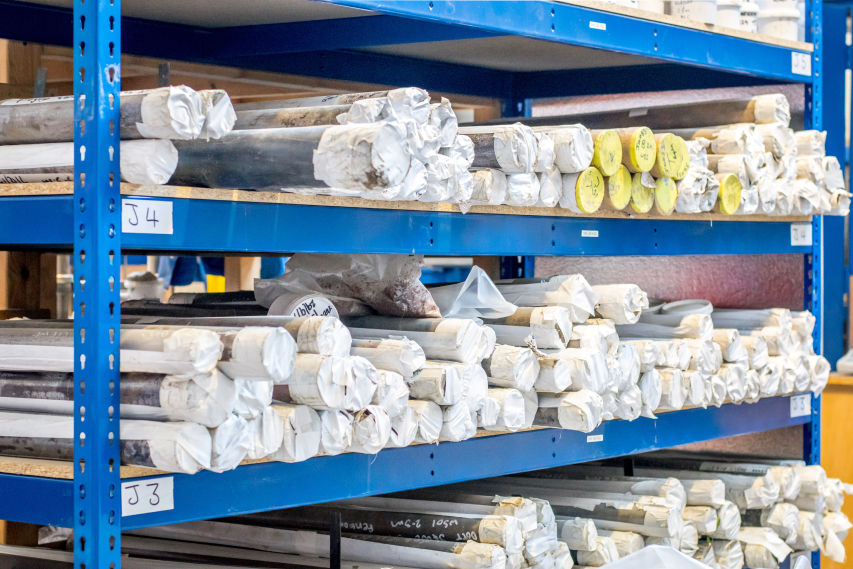- Services
- Laboratory Testing & Gas Monitoring
Laboratory Testing & Gas Monitoring

Laboratory Testing and Gas Monitoring Services from RGS
Geotechnical laboratory testing
-
Soil classification
-
Chemical testing
-
Compaction related tests
-
Compressibility of soil
-
Shear strength of soil
-
Permeability tests
-
Rock tests
-
Aggregate tests
Chemical laboratory testing
-
Contamination testing suites
-
WAC analysis
-
Individual chemical tests
-
Landfill/mines gas and/or groundwater level monitoring

“The testing done in the laboratory is accurate and carried out correctly
to give the right information to our clients. The team reports, tests, interprets results, and gives clients recommendations to ensure their projects conform with current standards and methodology.”
Tobias Merry - Geotechnical Engineer
